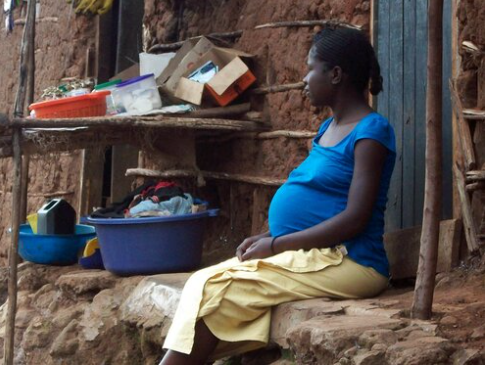60% of our ANC clients reported that COVID-19 is influencing their decisions on where and when to seek care. We already have over 150,000 women enrolled on our Propmpts digital health platform, and have recognized that scaling up the service would empower more women to seek care at the right time and place during the pandemic. The free, two-way text messaging capability connects mothers with clinically-trained helpdesk agents, to ask questions and share concerns. These insights allow us to provide dynamic and real-time guidance to mothers during the pandemic, especially in response to service disruption.

Teletriage – additional Prompts support for mothers who cannot attend their appointments: How do you support a mother who was asked to seek care elsewhere for her appointment, or is hesitant to take public transport to get to her clinic? We have rapidly built, tested and launched a “teletriage” to support mothers with remote, ‘virtual’ ANC appointments. The goal of teletriaging is not to replace in-person care, but to identify those mothers in need of urgent attention.
The triaging begins at our help desk: any user sending messages about missing ANC appointments or being turned away from care is prompted to engage with a bot that walks her through a number of standard clinical profiling questions. The responses are then packaged and shared immediately with our clinical help desk for review.
Lucy, a nurse by profession and one of our clinical help desk agents, reviews the files and holds a follow-up call with each patient to identify danger signs and immediately manage any clinically urgent matters. Many mothers only require general advice: identifying danger signs, supplement use, diet, signs of labour, and navigating the dusk-to-dawn curfew. However, Lucy has also been able to support mothers who need additional attention. For example, a first time, potentially high-risk, mother hadn’t received important blood tests and shots during her last appointment and was advised on the importance of these, and where she could seek the appropriate services.
Finding a facility can be a challenge: Lucy will go through alternative options, including private or NHIF facilities, or traveling to a facility in another area, however, the financial burden of these options are often not feasible for our moms. We have been actively tracking the challenges raised by these mothers and are sharing across our mentorship program; nurse midwives at public hospitals and their facility managers act as an additional touch-point to respond to issues raised and offer potential solutions and referrals. We are also sharing weekly data updates with our health system managers, using the information to close the feedback loop and create a more dynamic response system for maternal healthcare provision.
